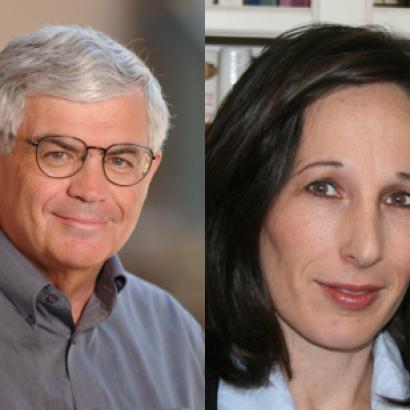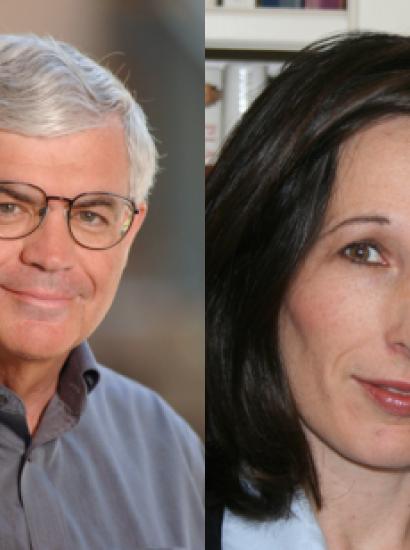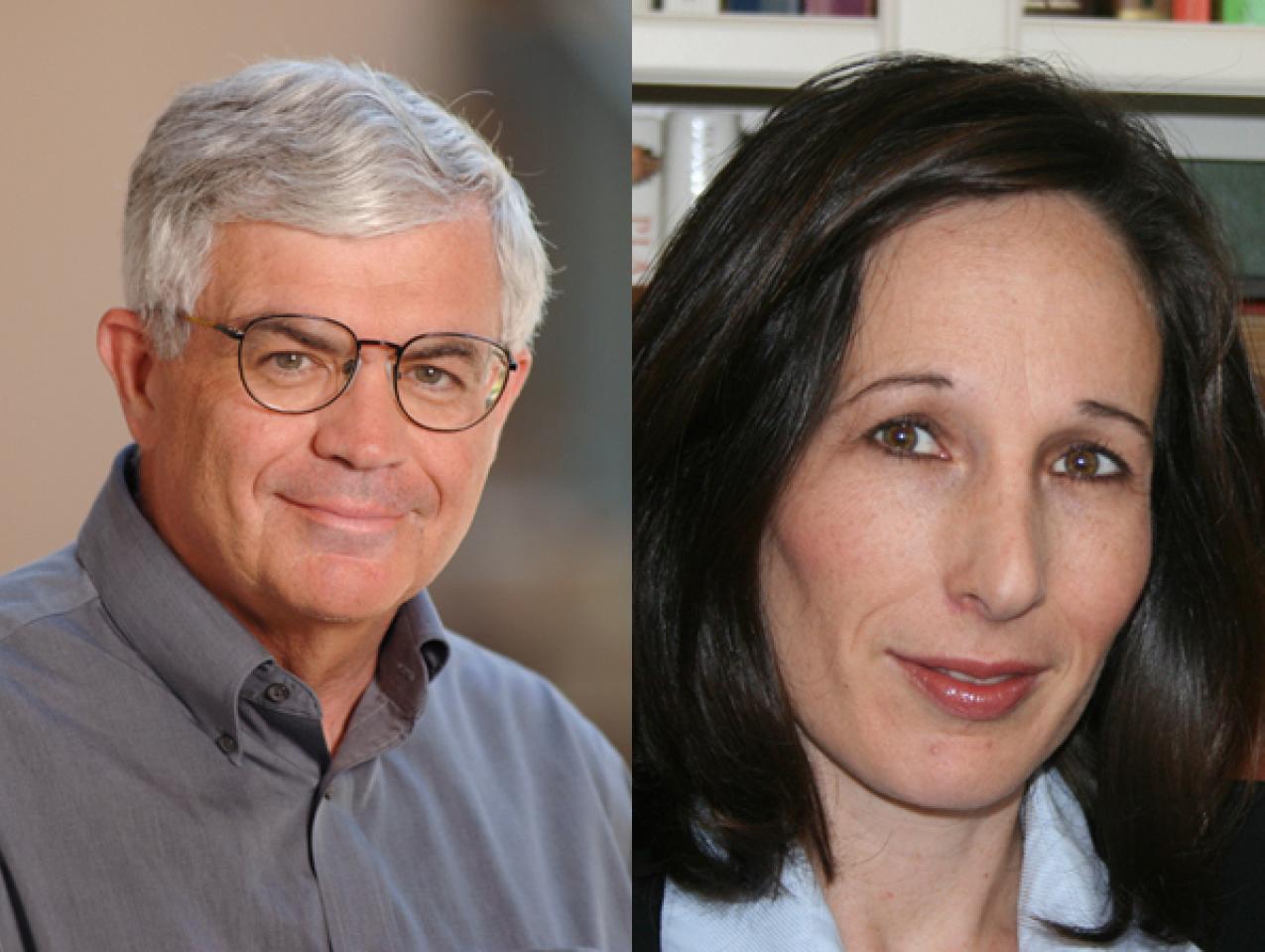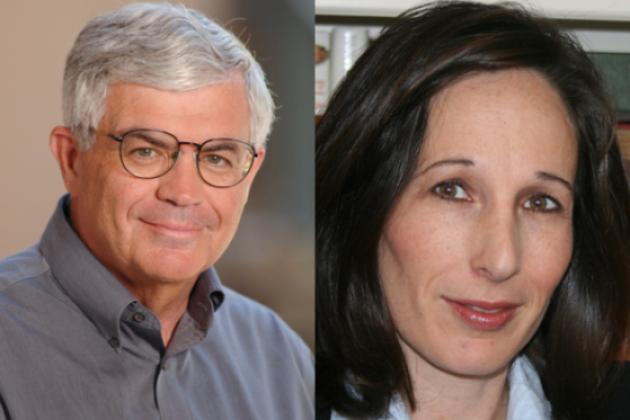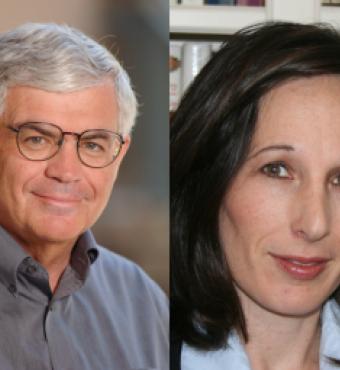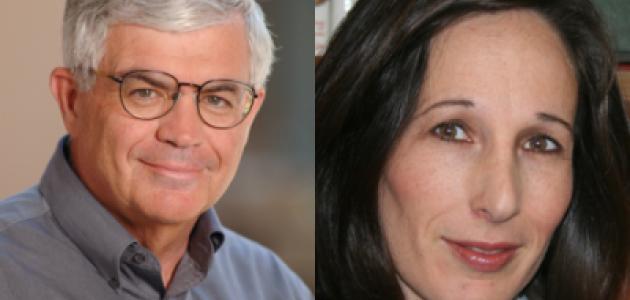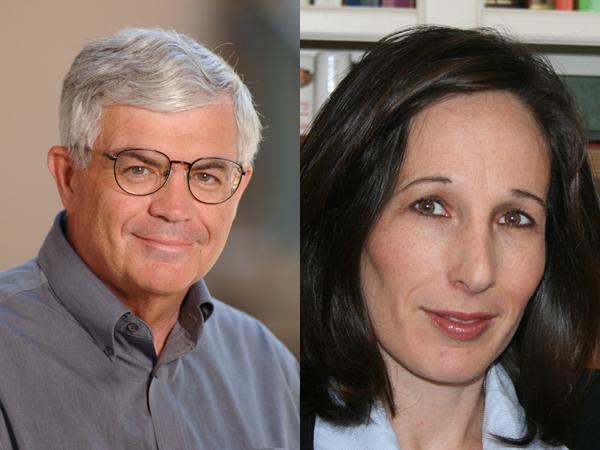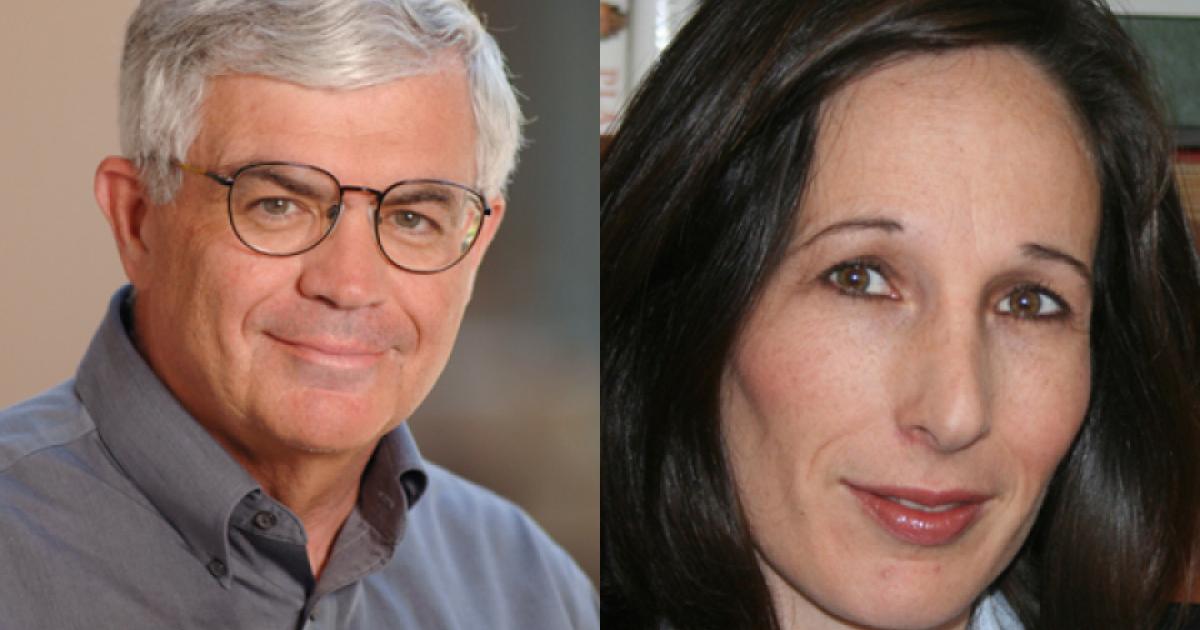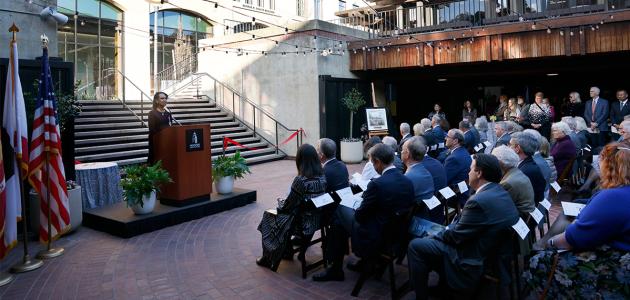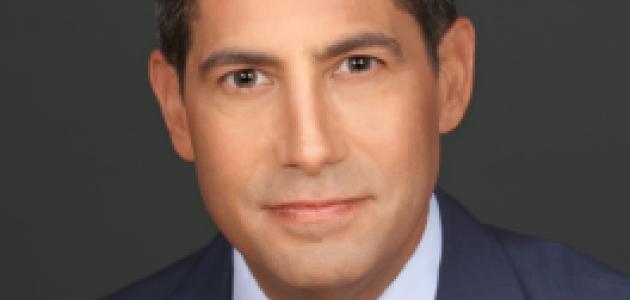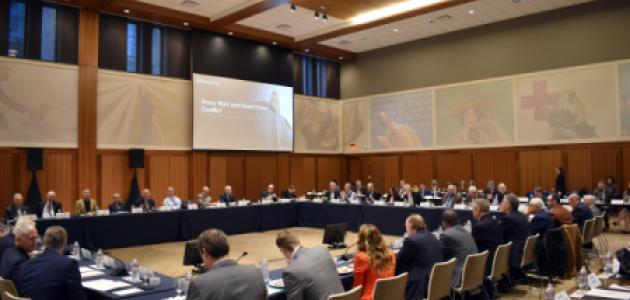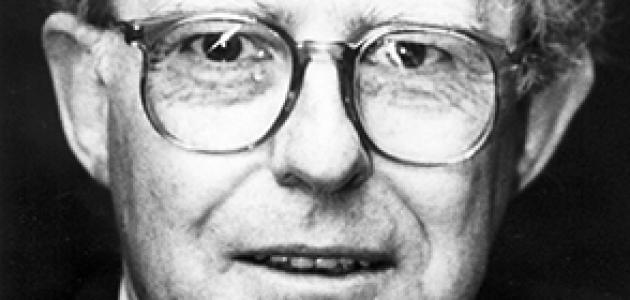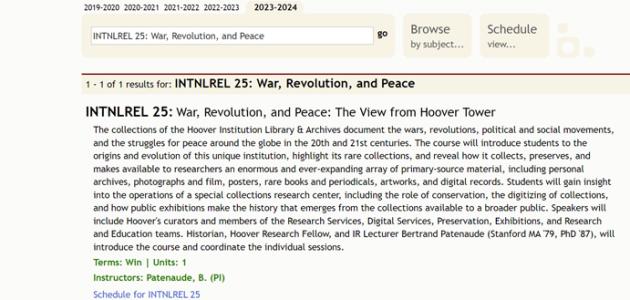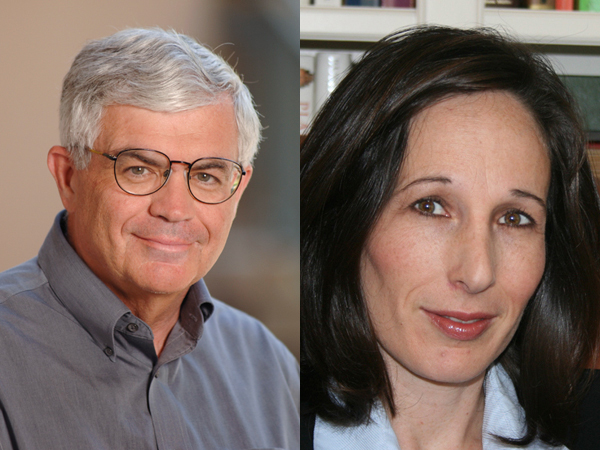
As we approach the tenth anniversary of the al-Qaeda attacks of Sept. 11, 2001, the Stanford News Service posed this question to a series of Stanford experts: "How has the world changed as a result of 9/11?" Hoover senior fellows John Taylor and Amy Zegart are among the experts interviewed for this article.
“Ten years after 9/11 we now have a "new greatest generation" of Americans on the scene and ready to lead. It includes, of course, all the post 9/11 Afghanistan and Iraq veterans to whom Time Magazine dedicates its cover this week. Fifty-one have enrolled at Stanford with more to come. As [Stanford President] John Hennessy and [Stanford Provost] John Etchemendy say, "We are honored and proud to have many excellent current students and alumni who have served in the military."
But I see a new greatest generation that also includes equally dedicated civil servants, like those at the US Treasury who froze terrorists' assets after 9/11 or funded new schools in Afghanistan; young entrepreneurs, who through ingenuity and hard work have been developing new products to improve peoples' lives; and the teachers, the doctors, the engineers who are just beginning their careers. This is the best news and the most promising.”
John B. Taylor is the George P. Shultz Senior Fellow in Economics at the Hoover Institution and the Mary and Robert Raymond Professor of Economics at Stanford University.
“Osama bin Laden is dead. Yet 10 years after 9/11, it would be dangerous and wrong to think that the terrorist threat is behind us. Violent Islamist extremism comes from many places, not just the 50-100 core al-Qaeda fighters holed up along the Af/Pak border. The years 2009 and 2010 have seen a spike in plots against the U.S. homeland. Nearly all of them have come from radicalized homegrown terrorists or "franchise" groups with loose and murky ties to the core al-Qaeda organization. In addition, WMD terrorism remains a haunting future possibility. And the FBI has not made the leap from crime-fighting to intelligence. FBI analysts, whose work is vital to connect dots and protect lives, are still treated like second-class citizens – labeled "support staff" alongside janitors and secretaries, and relegated to middle and lower rungs of the bureaucracy. So long as FBI analysts are treated like second-class citizens, Americans will get second-class security. These three factors—diversification of the terrorist threat, the potential to combine destructive motives with devastating weapons and the FBI's continued weaknesses—suggest that the future may not be any safer than the past.”
Amy Zegart is a senior fellow at the Hoover Institution and an affiliated faculty member at the Center for International Security and Cooperation.
To see the full article, click here.







